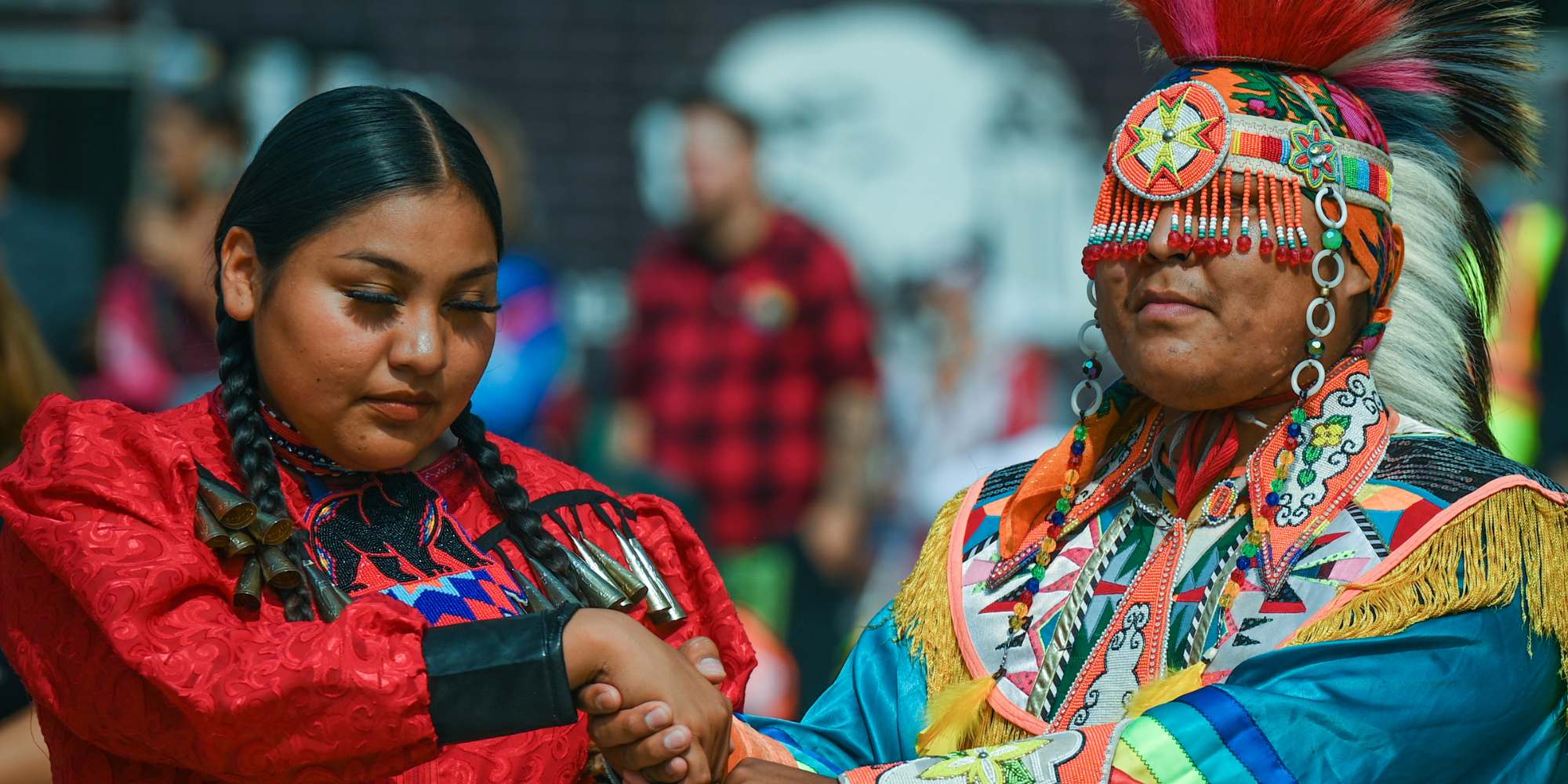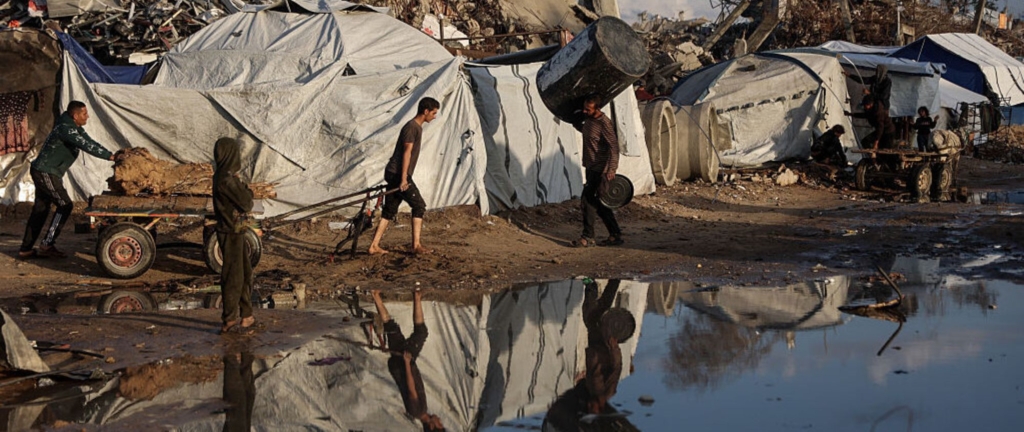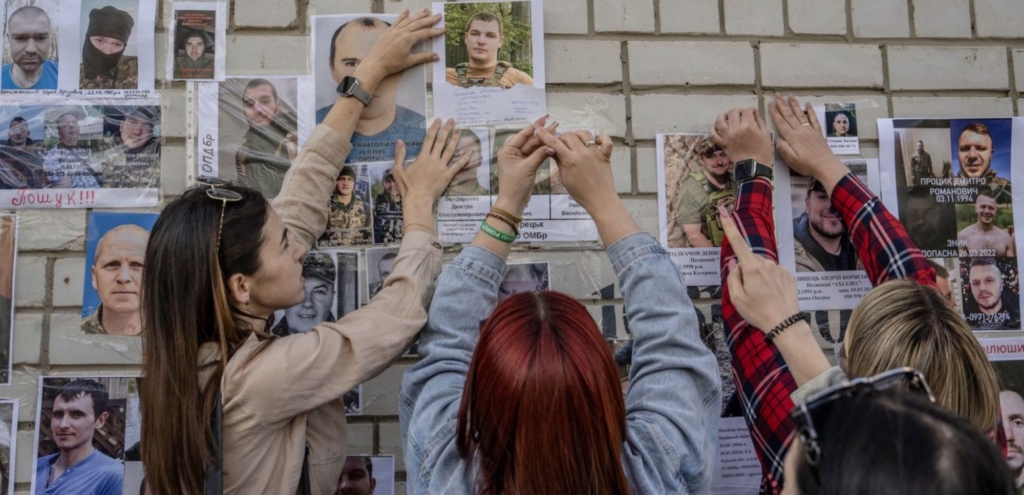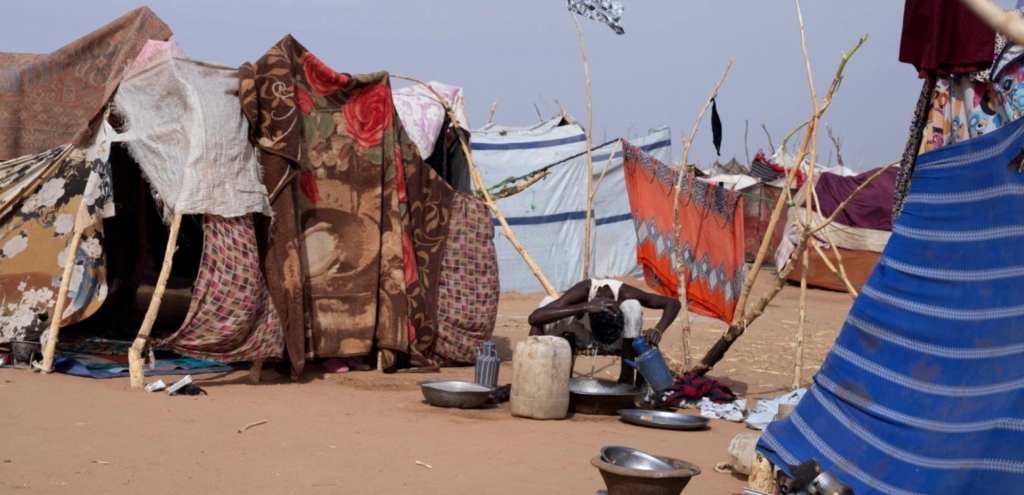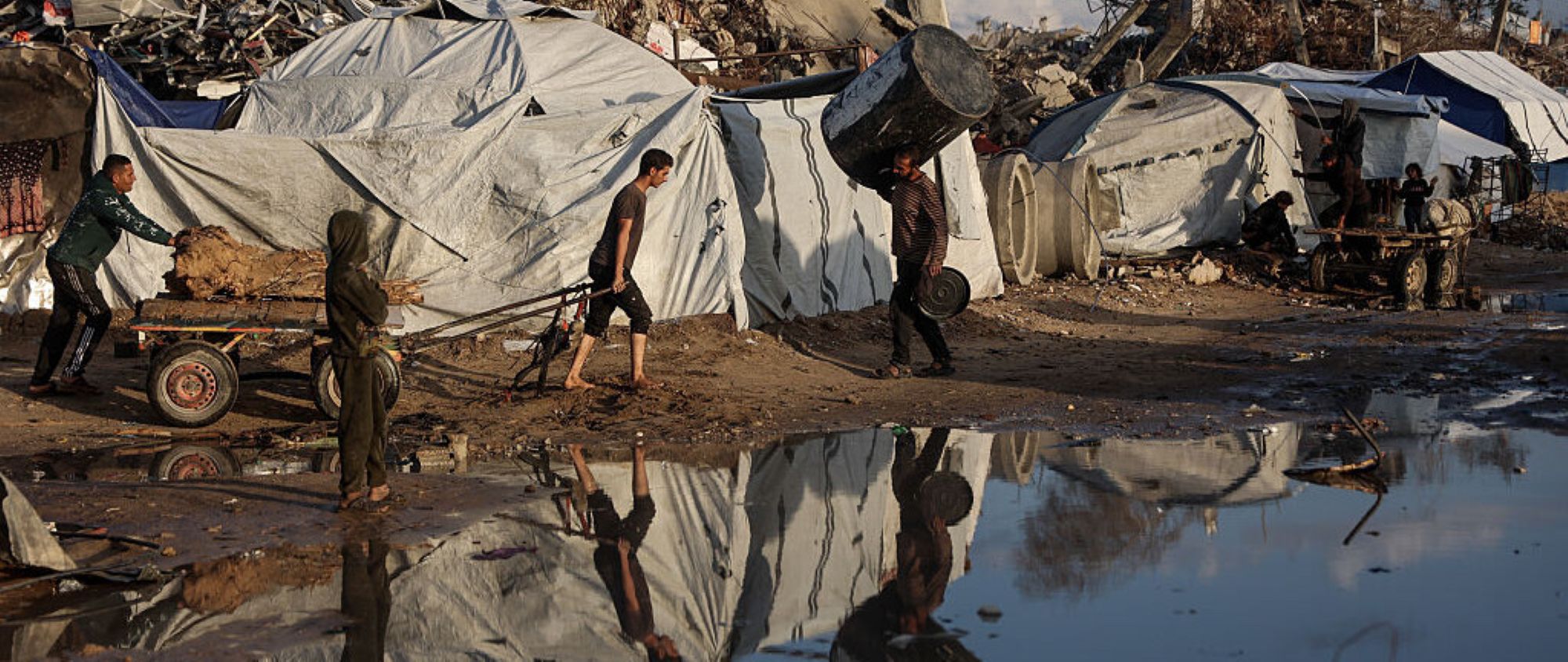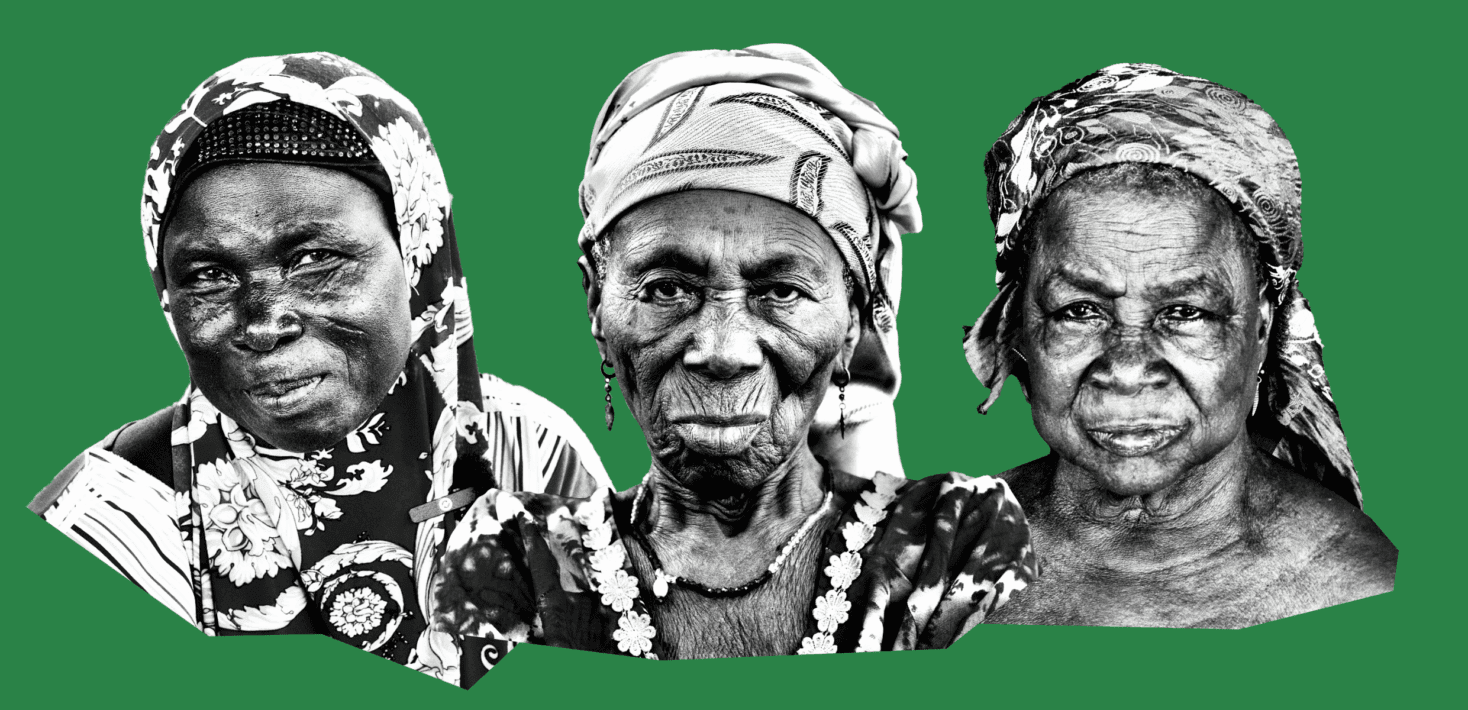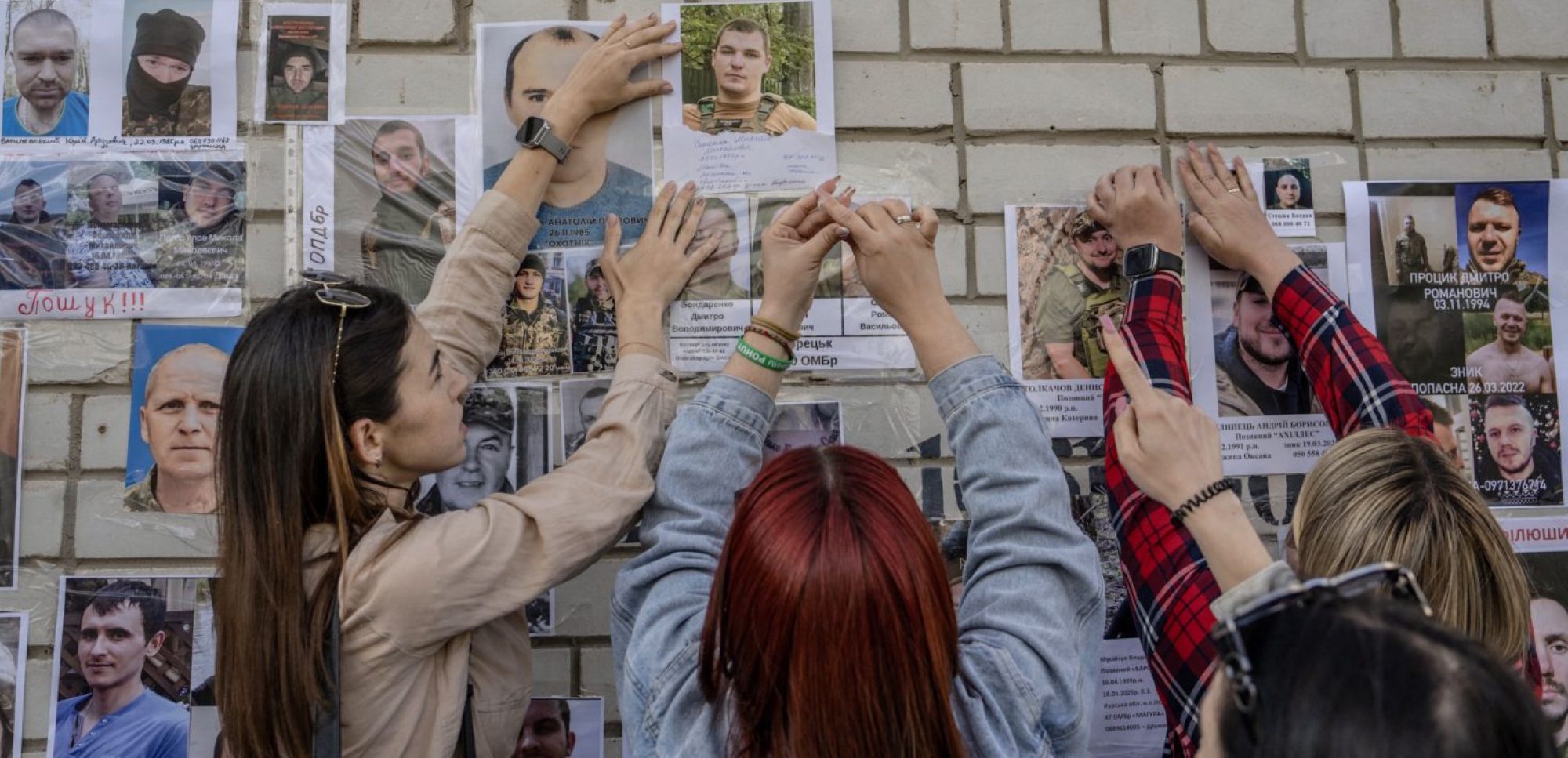The International Day of the World’s Indigenous Peoples is observed every year on August 9 in Canada. This day commemorates the first meeting of the United Nations Working Group on Indigenous Populations, held on August 9, 1982. Here’s what you need to know about marking this important day.
Key Milestones
- 1982: The UN Working Group on Indigenous Populations meets for the first time, creating a formal space for Indigenous Peoples at the international level.
- 1994: The UN General Assembly proclaims August 9 as the International Day of the World’s Indigenous Peoples through Resolution 49/214.
- 1995–2004: The First International Decade of the World’s Indigenous Peoples is declared, aiming to strengthen international cooperation and raise awareness of Indigenous issues.
- 2005–2015: The Second Decade continues the momentum, with a stronger focus on implementing the rights of Indigenous Peoples globally.
- 2007: The United Nations Declaration on the Rights of Indigenous Peoples (UNDRIP) is adopted by the UN General Assembly—a major victory in the global recognition of Indigenous rights.
- 2021: Canada passes the UN Declaration Act (Bill C-15), committing to align its laws with UNDRIP in full partnership with Indigenous Peoples.
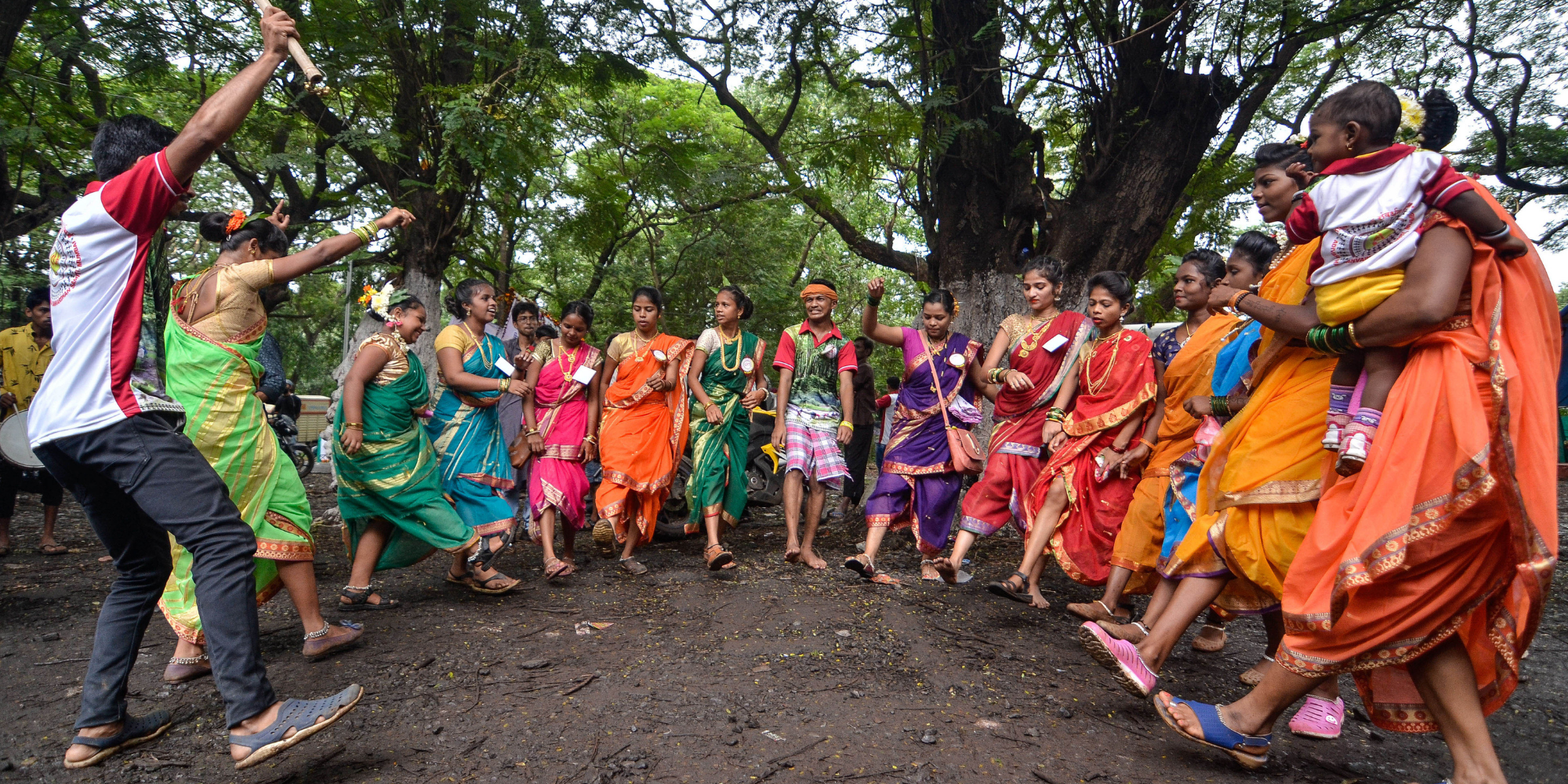
Purpose of International Day of the World’s Indigenous Peoples
This special international day is meant to:
- Celebrate Indigenous Peoples’ contributions to culture, knowledge, language, and environmental stewardship
- Raise awareness about the challenges Indigenous Peoples face, such as dispossession, marginalization, climate threats, and rights violations
- Promote action on global commitments to human rights, reconciliation, and sustainable development that centres Indigenous self-determination
August 9 is a reminder that Indigenous Peoples have the inherent right to self-determine their political status and pursue their cultural, social, and economic development on their own terms. Upholding UNDRIP is not only a matter of international law; it’s a matter of justice, reconciliation, and respect.
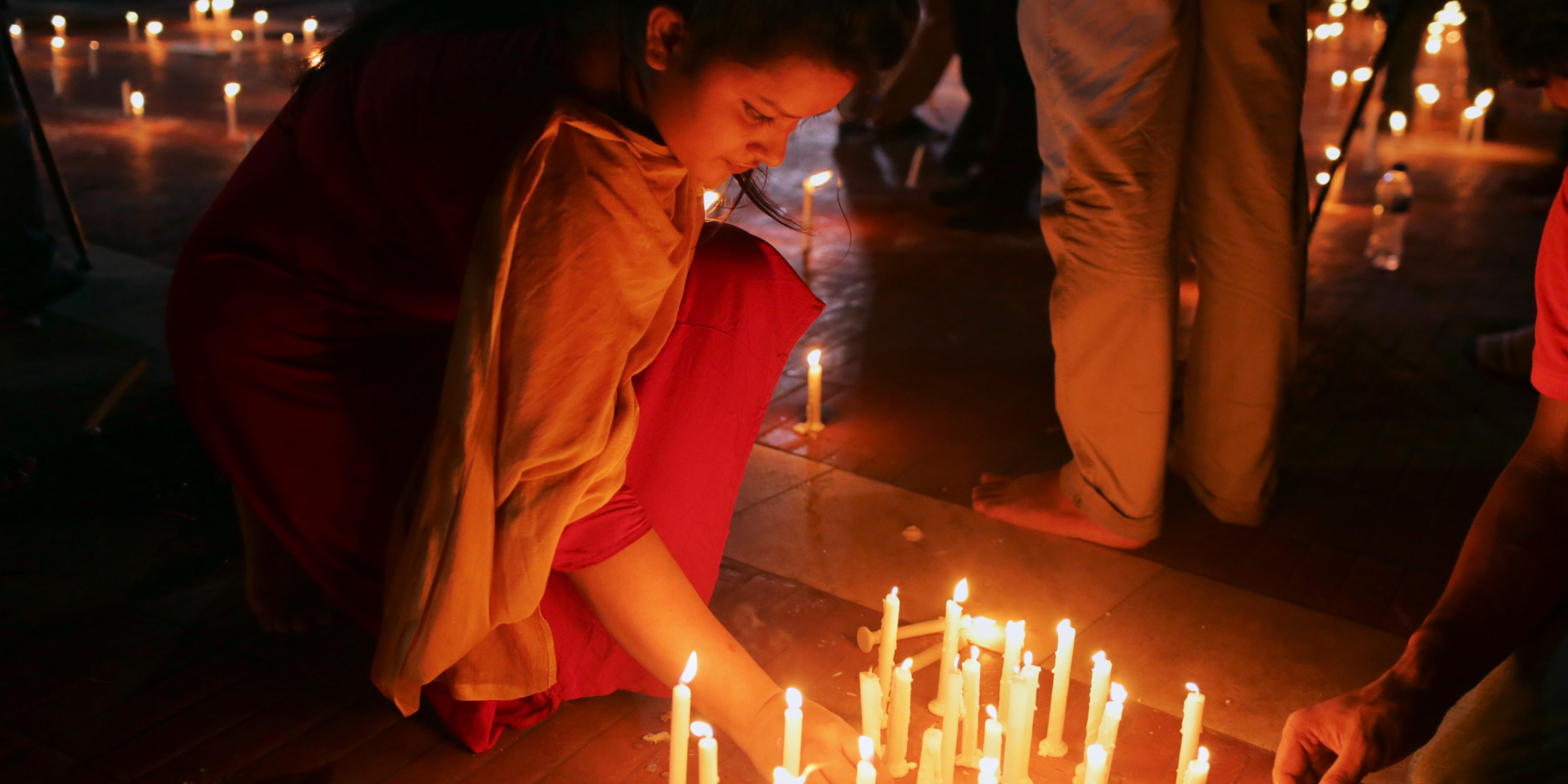
Objectives & Themes
- International Day of the World’s Indigenous Peoples aims to raise awareness, champion human rights, and highlight the vital contributions of Indigenous peoples to fields like environmental protection, culture, and traditional knowledge survival.
- UNESCO emphasizes that Indigenous peoples are “actors of change, guardians of natural resources and carriers of unique worldviews.”
- Annual themes vary. Recent examples include Indigenous Languages (2022), Indigenous Youth as Agents of Change for Self-determination (2023), and Food Security & Sovereignty through Self-Determination (2025)
Global Reach & Activities
- More than 370–500 million Indigenous Peoples live across 90 countries, speaking 40% of the world’s ~7,000 languages and representing ~5,000 cultures (UNDP).
- Indigenous Peoples make up under 6.2% of the global population but account for 18.2% of the extreme poor in 2025 (World Bank)
- Events include educational forums, art/cultural performances, expos, webinars, and social campaigns promoting land rights, languages, health care, and environmental justice.
Institutional Support
- UNESCO supports Indigenous-led efforts to maintain languages, knowledge systems, and biodiversity.
- The UN Permanent Forum on Indigenous Issues (UNPFII), created in 2000, and the UN Declaration on the Rights of Indigenous Peoples (UNDRIP), adopted in 2007, reinforce the day’s objectives.
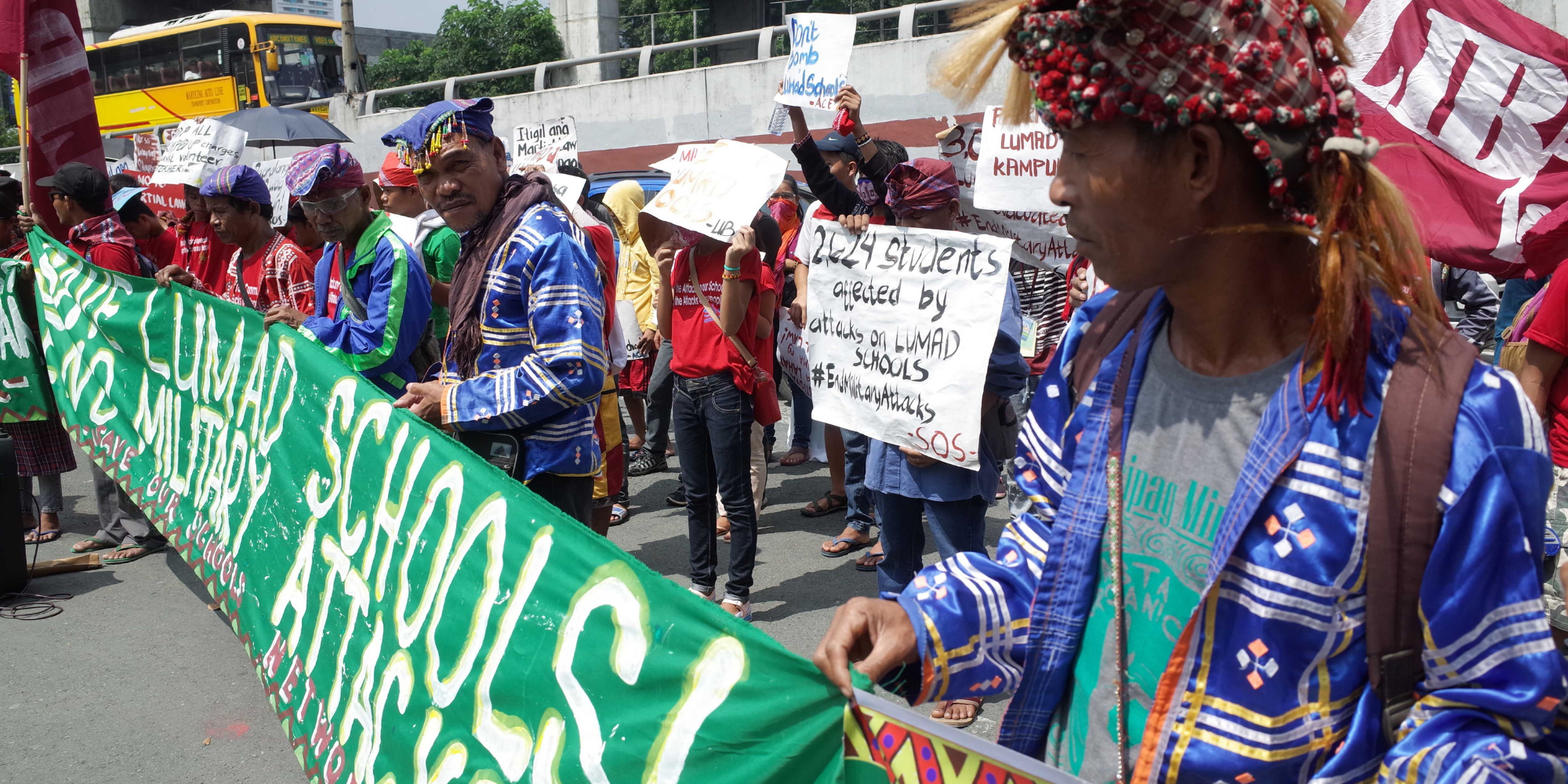
Why does International Day of the World’s Indigenous Peoples matter?
- The day draws attention to ongoing injustices: land grabs, cultural oppression, marginalization, health disparities, and environmental degradation.
- It’s also a celebration recognizing Indigenous resilience, knowledge, and vital role in shaping sustainable, just societies worldwide.
What does the day mean for Indigenous Peoples in Canada?
In Canada, the International Day of the World’s Indigenous Peoples (August 9) carries profound meaning. While June 21 is officially recognized as National Indigenous Peoples Day, August 9 connects Canada to the global Indigenous rights movement and serves as a critical reminder of Canada’s obligations under international law, especially the United Nations Declaration on the Rights of Indigenous Peoples (UNDRIP).
UNDRIP and Indigenous Self-Determination
The International Day of the World’s Indigenous Peoples is grounded in the global recognition of Indigenous Peoples’ rights, especially the right to self-determination. This principle is central to the United Nations Declaration on the Rights of Indigenous Peoples (UNDRIP), adopted by the UN General Assembly in 2007 and officially endorsed by Canada in 2016. Legislation to implement it was passed in 2021.
Related Links:
- National Indigenous Peoples Day
- Amnesty International’s 2022/23 Annual Report denounces Canada’s record on Indigenous Peoples’ rights
- Canada: UN Special Rapporteur’s visit must shift ‘glacial progress’ on Indigenous rights
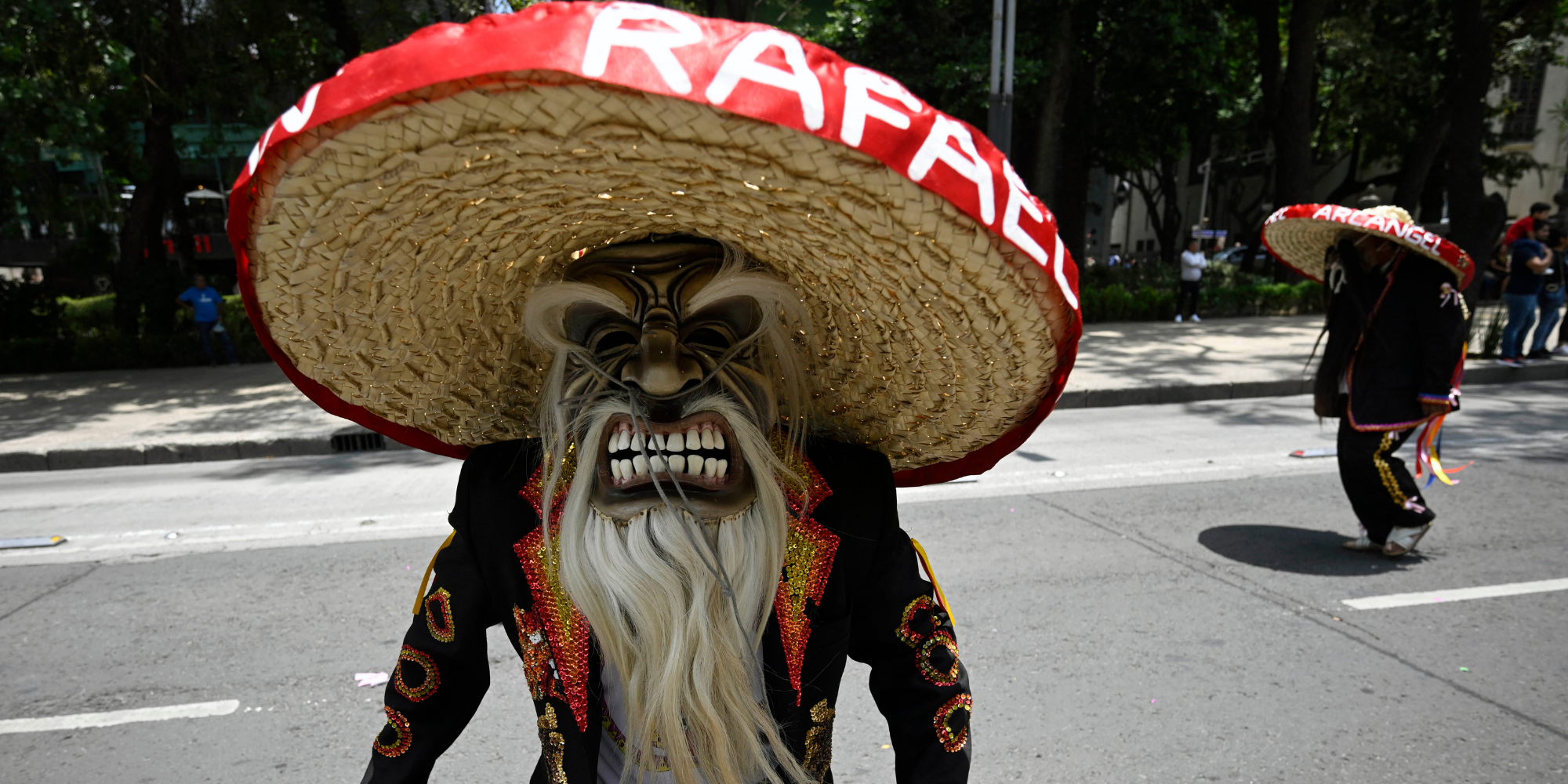
What is UNDRIP?
UNDRIP is a landmark human rights document that affirms:
- Indigenous Peoples’ right to maintain and strengthen their distinct institutions, cultures, and legal systems
- The right to free, prior, and informed consent (FPIC) on matters affecting their lands, territories, and resources
- The right to self-determination and autonomy in matters relating to their communities, governance, and territories
- Equal access to justice, education, and health services without discrimination.
Why does UNDRIP matter?
For many First Nations, Inuit, and Métis communities in Canada, UNDRIP provides a powerful international framework to:
- Reclaim authority over governance, justice, education, health, and economic development
- Challenge colonial systems that have denied land rights, cultural continuity, and decision-making power
- Affirm nationhood through language revitalization, Indigenous Law, and community-led systems of care and accountability
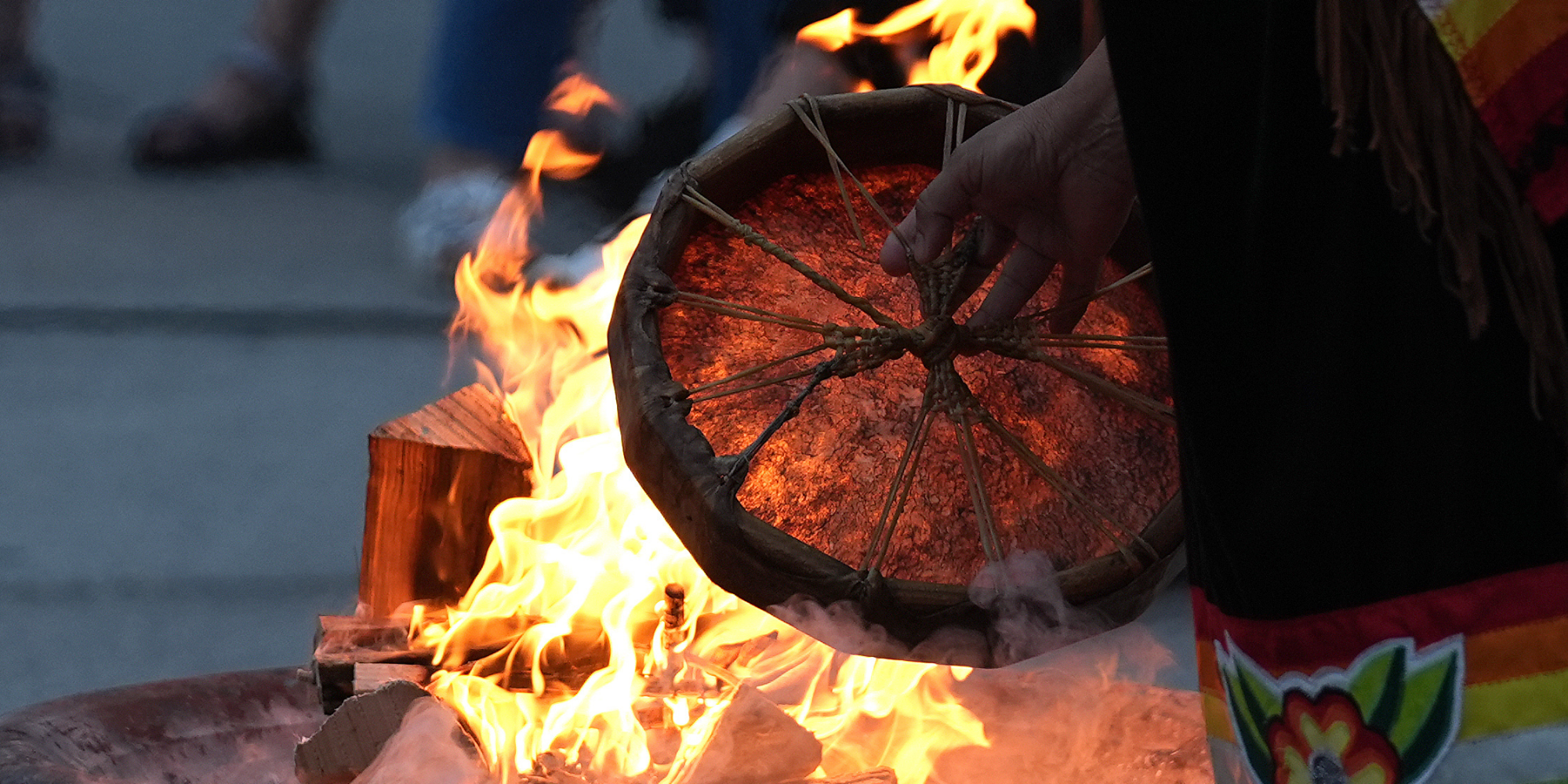
Canada’s implementation of UNDRIP
Canada’s United Nations Declaration Act (Bill C-15), passed in 2021, commits the federal government to aligning laws with UNDRIP and co-developing an action plan in partnership with Indigenous Peoples. However, many Indigenous leaders stress that meaningful implementation requires full partnership, not top-down policy.
How to observe International Day of the World’s Indigenous Peoples in Canada?
On this day, you can engage with local Indigenous communities, attend events or cultural programs, learn about their history and rights, promote Indigenous languages, and advocate for land sovereignty and legal protections.
Here are some notable events taking place across Canada to mark International Day of the World’s Indigenous Peoples on August 9, 2025.
Athabasca Tribal Council – Fort McMurray, Alberta
- What: All-day observance of the Day featuring cultural programming
- When: August 9, 2025 (midnight to midnight)
- Where: Athabasca Tribal Council office, Fort McMurray, AB
- Why Go: Come together to celebrate Indigenous heritage and traditions
- Details: https://www.atcfn.ca/events/idowip
Vancouver Island Métis Rendezvous 2025 – Duncan, British Columbia
- What: A Métis cultural celebration open to everyone, music, vendors, workshops and food
- When: August 16, 2025
- Where: Cowichan Exhibition Grounds, 7380 Trans Canada Highway, Duncan, BC
- Why Go: Bring your friends and family and enjoy a summer day of culture
- Details: https://www.facebook.com/events/1290503139158904/
Sacred Harvest: An Indigenous Culinary Celebration – Osoyoos, British Columbia
- What: Savour a unique dining experience on the patio of Nk’Mip Cellars featuring Chef Shawn Cheer’s specially created prix fix dinner menu.
- When: August 10, 2025
- Where: Nk’Mip Cellars, 1400 Rancher Creek Road, Osoyoos, BC
- Details: https://www.nkmipcellars.com/The-Winery
Asinabka Film & Media Arts Festival – Ottawa, Ontario
- What: Launch of an Indigenous-focused film and arts exhibition across Ottawa
- When: September 16-21, 2025
- Where: Ottawa Art Gallery and multiple venues
- Why Go: Features First Nations, Métis, Inuit, and international Indigenous filmmakers, plus music, art and discussion panels
- Details: https://asinabkafestival.org/
Wiikwemkoong Cultural Festival Pow-Wow – Manitoulin Island, Ontario
- What: Annual pow-wow celebrating Indigenous culture, song, and dance
- When: August 2–4, 2025
- Where: Wiikwemkoong First Nation on Manitoulin Island
- Why Go: Largest and oldest Eastern-Canada pow-wow, featuring traditional and fancy dance competitions
- Details: https://wiikwemkoongheritage.org/#wiikwemkoong-annual-cultural-festival
Gespeg Mawiomi Pow Wow – Abitibi-Témiscamingue, Quebec
- What: Regional pow-wow celebrating culture and community
- When: August 9–10, 2025
- Where: Gaspésie Region, Quebec
- Why Go: Vibrant pow-wow event with drumming, dance, crafts, and traditional foods
- Details: https://www.facebook.com/gespeg
Présence Autochtone – Montreal, Quebec
- What: 10-day Indigenous arts festival (films, exhibitions, performances)
- When: Annually in early-mid August—check specific 2025 dates
- Where: Montreal venues as part of Terres en Vues/Land InSights programming
- Why Go: Deep dive into First Peoples’ art and storytelling across media
- Details: https://presenceautochtone.ca/












